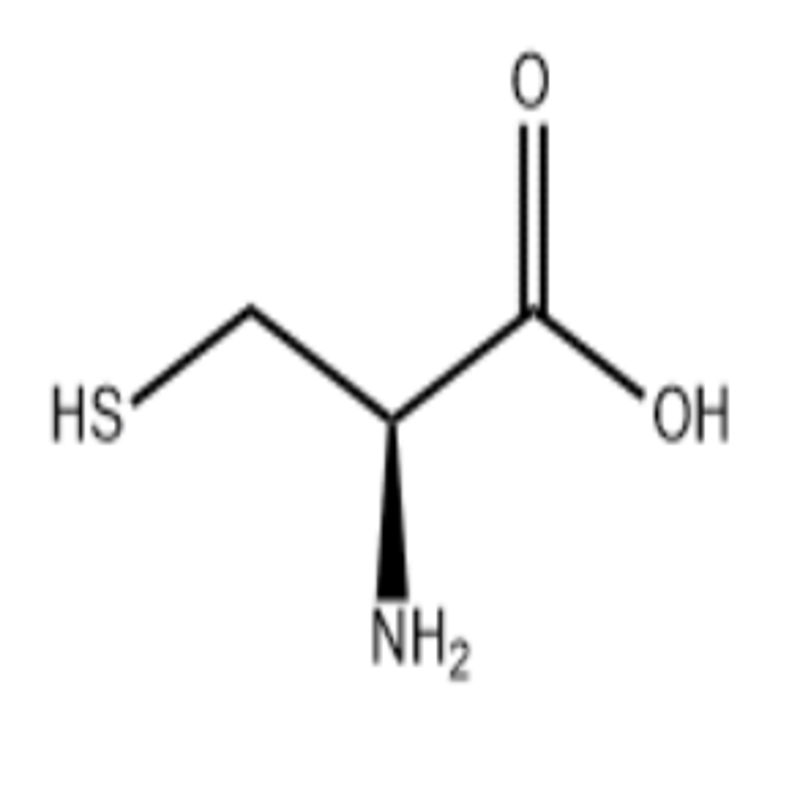-
Categories
-
Pharmaceutical Intermediates
-
Active Pharmaceutical Ingredients
-
Food Additives
- Industrial Coatings
- Agrochemicals
- Dyes and Pigments
- Surfactant
- Flavors and Fragrances
- Chemical Reagents
- Catalyst and Auxiliary
- Natural Products
- Inorganic Chemistry
-
Organic Chemistry
-
Biochemical Engineering
- Analytical Chemistry
- Cosmetic Ingredient
-
Pharmaceutical Intermediates
Promotion
ECHEMI Mall
Wholesale
Weekly Price
Exhibition
News
-
Trade Service
Food network of partners hearing according to the US Food and Drug Administration Administration ( FDA in the first half) published in 2021 refused to import and automatic detention cosmetics information, a total of 29 batches of imported cosmetics by the FDA refused, 8 batches of products being implemented automatic detention
.
The Food Partner Network Cosmetics Compliance Alliance interpreted the relevant early warning information issued by the FDA
.
.
The Food Partner Network Cosmetics Compliance Alliance interpreted the relevant early warning information issued by the FDA
.
01 Warning data statistics
According to the relevant early warning information issued by the FDA, the relevant data were analyzed from two aspects: the type of cosmetics rejected and the reasons for rejection
.
.
According to the classification of cosmetic product types, the rejection batch information statistics of various types of products, it is concluded from the statistical data that the relatively high proportion of rejected products are cleaning products and cosmetic modification products.
The detailed information is shown in Figure 1
.
The detailed information is shown in Figure 1
.
Figure 1 Statistics of cosmetic rejection types
Because individual products of rejected cosmetics were rejected for import due to multiple factors that did not meet the requirements, the reasons for rejections were counted according to the frequency of occurrence
.
According to statistical information, the top three reasons for the refusal of import of cosmetics or the implementation of automatic detention in China in the first half of the year are: 52% of cosmetic labeling requirements, 23% of new drugs containing unapproved, and colorants not meeting the requirements.
16%, and the other reasons for rejection were containing toxic and hazardous substances, non-compliance with registration requirements, and microbial contamination
.
The detailed information is shown in Figure 2
.
.
According to statistical information, the top three reasons for the refusal of import of cosmetics or the implementation of automatic detention in China in the first half of the year are: 52% of cosmetic labeling requirements, 23% of new drugs containing unapproved, and colorants not meeting the requirements.
16%, and the other reasons for rejection were containing toxic and hazardous substances, non-compliance with registration requirements, and microbial contamination
.
The detailed information is shown in Figure 2
.
Figure 2 Statistics on the reasons why cosmetics are rejected
02 Interpretation analysis
From the above data, we can see that cosmetics companies exporting to the United States should focus on and understand the relevant regulations of the US cosmetics label and ingredient compliance, and achieve label compliance and ingredient compliance before export
.
.
Cosmetic label compliance requirements
According to the "Federal Food, Drug and Cosmetic Act" and "Fair Packaging and Labeling Act", cosmetics sold in the United States, whether produced in the United States or imported from abroad, must comply with the "Federal Food, Drug and Cosmetic Act" and "Fair Packaging and Labeling Act" 》, as well as the labeling requirements established by the FDA in accordance with the above-mentioned laws
.
.
The "Federal Food, Drug and Cosmetics Act" stipulates that it is prohibited to introduce or transport inferior adulterated or mislabeled cosmetics in interstate trade
.
The "Fair Packaging and Labeling Law" stipulates: to ensure that packaging and its labels provide consumers with accurate information about the quantity of contents and facilitate value comparison
.
.
The "Fair Packaging and Labeling Law" stipulates: to ensure that packaging and its labels provide consumers with accurate information about the quantity of contents and facilitate value comparison
.
According to relevant laws and regulations, the following circumstances will be regarded as mislabeling: 1) The label is falsified or misleading; 2) The label does not indicate: the name and address of the manufacturer, packer or distributor; the net content; 3) The required information is not stated in a prominent position; 4) The cosmetic container or filling is misleading
.
.
In addition to the relevant regulations on mislabeling in the law, the FDA has formulated regulations and guidance documents related to cosmetics labeling
.
Regulations related to cosmetics labeling are summarized in 21 CFR Parts 701 and 740
.
21 CFR Part 701 and 740 stipulate: product name requirements; ingredient list requirements; net content labeling; manufacturer, packer or distributor name or address; date labeling requirements; warning statement requirements; product efficacy claims and language requirements, etc.
Content
.
.
Regulations related to cosmetics labeling are summarized in 21 CFR Parts 701 and 740
.
21 CFR Part 701 and 740 stipulate: product name requirements; ingredient list requirements; net content labeling; manufacturer, packer or distributor name or address; date labeling requirements; warning statement requirements; product efficacy claims and language requirements, etc.
Content
.
Regulations related to cosmetic ingredient compliance
According to US law, cosmetic products and ingredients do not require FDA approval before being marketed
.
The only exception is color additives (except for coloring materials used in coal tar hair dyes), and their intended use must be approved
.
Companies and individuals that sell cosmetics have a legal responsibility to ensure the safety of their products
.
.
The only exception is color additives (except for coloring materials used in coal tar hair dyes), and their intended use must be approved
.
Companies and individuals that sell cosmetics have a legal responsibility to ensure the safety of their products
.
21 CFR Parts 73 and 74 stipulate the requirements for color additives that are allowed to be used in cosmetics, and 21 CFR 700 stipulates the prohibited and restricted ingredients of cosmetics
.
In addition, the FDA official website lists information on common allergen ingredients in cosmetics and divides them into five categories: natural rubber, fragrances, preservatives, dyes, and metals
.
.
In addition, the FDA official website lists information on common allergen ingredients in cosmetics and divides them into five categories: natural rubber, fragrances, preservatives, dyes, and metals
.
03 Summary
Combining with the statistical information on the early warning data of China’s cosmetics in the first half of 2021 and the relevant regulations on the compliance of cosmetics labels and ingredients in the United States, the Cosmetics Compliance Alliance reminds exporting companies that they should be familiar with and understand the relevant cosmetic labeling and ingredient compliance of the exporting country before exporting.
Provisions to prevent cosmetics from being refused import due to incorrect ingredients or labeling
.
This article is an original article by the Food Safety Compliance Division of FoodPartner.
com, please contact us for reprinting
.
The Food Safety Compliance Division provides domestic and foreign food standards and regulations management and consulting, food safety information monitoring and analysis and early warning, product registration and filing services, label review and compliance consulting, conference training services, etc.
, for detailed inquiries: 0535-2129301, email : Vip@foodmate.
net
.
Provisions to prevent cosmetics from being refused import due to incorrect ingredients or labeling
.
This article is an original article by the Food Safety Compliance Division of FoodPartner.
com, please contact us for reprinting
.
The Food Safety Compliance Division provides domestic and foreign food standards and regulations management and consulting, food safety information monitoring and analysis and early warning, product registration and filing services, label review and compliance consulting, conference training services, etc.
, for detailed inquiries: 0535-2129301, email : Vip@foodmate.
net
.







